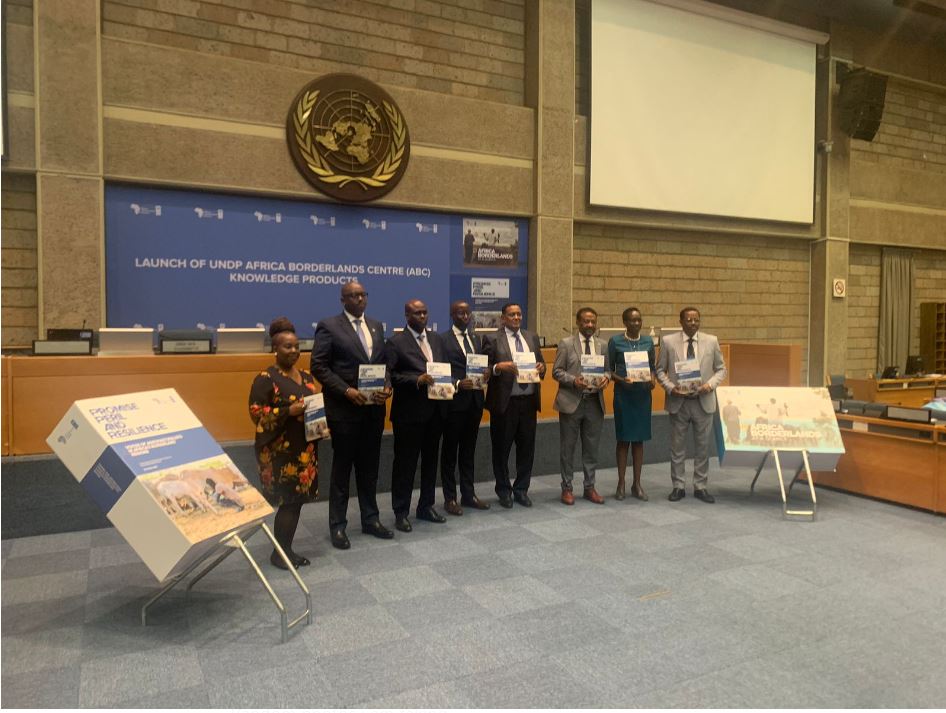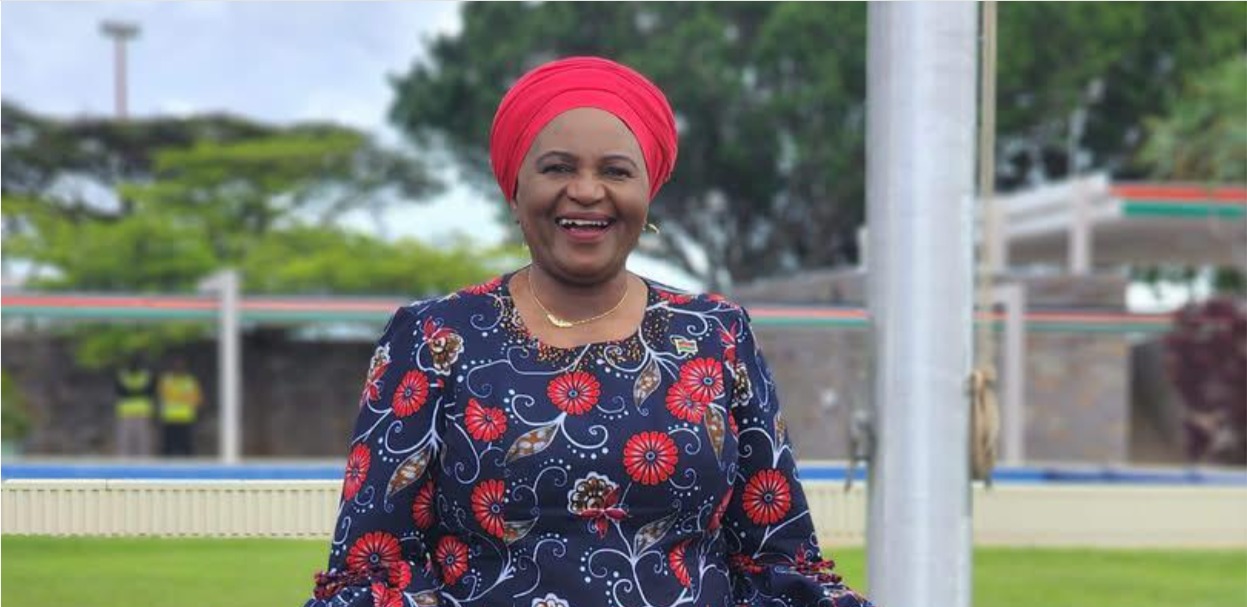Improving Productivity for Pastoralists and Agro-pastoralists Across -UNDP report

To achieve the Sustainable Development Goals (SDGs) in agropastoral communities, investments must facilitate seamless cross-border mobility, diversify skills, livelihood options and directly strengthen family and socio-cultural bonds.
This is according to the United Nations Development Programme (UNDP)’s AfricaBorderlands Centre (ABC) new report “Promise, Peril and Resilience: Voices of Agropastoralists in Africa’s Borderland Regions”.
Speaking during the launch of the report today, the United Nations Assistant Secretary-General and Director of UNDP’s Regional Bureau for Africa Ms. Ahunna Eziakonwa said: “At the centre of unleashing the potential of mobility, labour diversification and family ties is governance. Borderland agropastoralists are demanding laws, policies, budgets and actions from local governments, National authorities, regional organizations, and international development partners, that enables the maximization of their developmental potential.”
“This report challenges oversimplified notions of borderlands as lawless, backward, and developmentally peripheral places to live. It validates the point that agropastoralists have a strong attachment to their homelands; they demonstrate remarkable adaptability to living in rugged terrains and enduring vulnerabilities- and they take responsibility for their development journey,” said the Senior Chief Technical Advisor, Team Leader of UNDP Africa Borderlands Centre, Dr. Zeynu Ummer.
The report is based on direct testimonies from over 1,042 agropastoralists living in Burkina Faso, Ethiopia, Kenya, Mali, Niger,Nigeria, South Sudan and Uganda. It comes at a time when the socio-economic impact of COVID-19, drought and famine are having devastating effects on agropastoralists’ livelihoods, most of whom are in Africa’s Arid and Semi-Arid Lands (ASALs).
Key findings from the report indicate that conflict and security threats significantly impact borderland communities. Fluidity and flexibility in income generation activities are central climate adaptation mechanisms in borderland communities. The family, a unit of social mobilization serves as the nerve centre of mobility and labour diversification. It also highlights that women and youth inclusion are critical to agropastoralism’s economic viability and sustainability in Africa’s borderland.
UNDP through the ABC is supporting the realization of borderland agropastoralists’ needs by listening, learning and curating solutions to their development challenges. ABC has deepened its investments in borderlands focusing on value and supply chain development, digital financial inclusion, and investment in climate-resilient and smart infrastructure. The centre is also supporting cross-border peacebuilding and social cohesion.
“Thispath-breaking work approaches the issue of peaceful co-existence between farmers and pastoralists from a developmental lens. As part of UNDP’s integrator role, providing thought leadership on complex socio-economic dynamics, such as those on agropastoralists, is critical to enhancing an integrated approach to addressing the developmental needs of such populations. This is a first of its kind, and I hope future works will build on this foundation,” said the United Nations Resident Coordinator in Kenya, Dr. Stephen Jackson.







